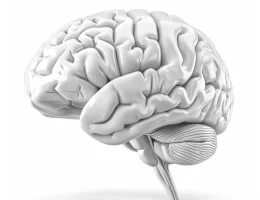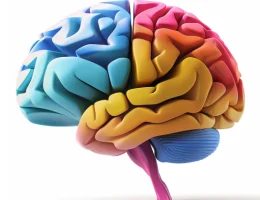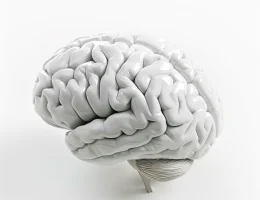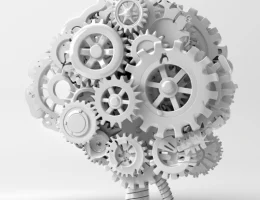IQ scores are one of the most widely referenced — and widely misunderstood — metrics in psychology. Whether you’ve taken a professional assessment, stumbled across an online test, or simply heard someone described as having a “high IQ,” you’ve likely wondered what these numbers actually mean. The answer requires understanding …

Distinct Genetic and Environmental Origins of Hierarchical Cognitive Abilities in Adult Humans
Understanding how genetic and environmental influences shape cognitive abilities remains a cornerstone of psychological research. Jiang et al. (2024) present an important study that examines these influences through a structured twin-based model. This research provides insight into how basic and higher-order cognitive functions are differentially affected by genetic inheritance and …

Shaping Hierarchical Cognitive Abilities
Recent research by Jiang et al. (2024) sheds light on the distinct genetic and environmental influences shaping hierarchical cognitive abilities in adults. By categorizing cognitive functions into two levels—basic processes and higher-order functions—this study provides valuable insights into how these abilities develop and differ in their origins. Background Human cognition …

The Complex Journey of the WAIS: Insights and Transformations
The Wechsler Adult Intelligence Scale (WAIS), developed in 1955 by David Wechsler, introduced a broader and more dynamic approach to assessing cognitive abilities. Over the years, it has been refined through several editions, becoming one of the most widely used tools in psychological and neurocognitive evaluations. This post reviews its …

Cognitive Abilities, Not Math Skills, Predict Wealth for Preterm Adults
This study, authored by Jaekel et al. (2019), examines the relationship between being born very preterm (VP) or with very low birth weight (VLBW), cognitive abilities, and wealth accumulation in adulthood. By tracking participants from birth to 26 years of age, the research provides key insights into how early cognitive …

Dissecting the Cognitive Landscape: Literary vs. Scientific Intellect
This study examines how cognitive abilities vary between literary and scientific contexts. By analyzing assessment data from 60 participants using JCCES and ACT tools, the research identifies distinct patterns that suggest the need for tailored educational approaches. These findings emphasize the importance of understanding how domain-specific tasks engage different cognitive …

Exploring the Underlying Dimensions of Cognitive Abilities: A Multidimensional Scaling Analysis of JCCES and GAMA Subtests
Abstract This study aimed to investigate the relationships between tasks of the Jouve Cerebrals Crystallized Educational Scale (JCCES) and General Ability Measure for Adults (GAMA) using multidimensional scaling (MDS) analysis. The JCCES measures Verbal Analogies, Mathematical Problems, and General Knowledge, while the GAMA assesses nonverbal cognitive abilities through Matching, Analogies, …

Differentiating Cognitive Abilities: A Factor Analysis of JCCES and GAMA Subtests
Abstract This study aimed to investigate the differentiation between cognitive abilities assessed by the Jouve Cerebrals Crystallized Educational Scale (JCCES) and General Ability Measure for Adults (GAMA). A sample of 63 participants completed both JCCES and GAMA subtests. Pearson correlation and factor analysis were used to analyze the data. The …

Investigating the Relationship Between JCCES and RIAS Verbal Scale: A Principal Component Analysis Approach
Abstract This study examined the relationship between the Jouve Cerebrals Crystallized Educational Scale (JCCES) and the Reynolds Intellectual Assessment (RIAS) Verbal Scale using Principal Component Analysis (PCA). The PCA revealed a strong relationship between JCCES and the RIAS Verbal Scale, supporting the hypothesis that there is a common underlying construct …

Cattell-Horn-Carroll Cognitive Abilities in Writing Achievement
This post reviews a study conducted by Floyd, McGrew, and Evans (2008), which examines the relationship between cognitive abilities outlined in the Cattell-Horn-Carroll (CHC) framework and writing achievement in school-aged children. By analyzing how different cognitive skills influence basic writing skills and written expression, the study sheds light on the …
